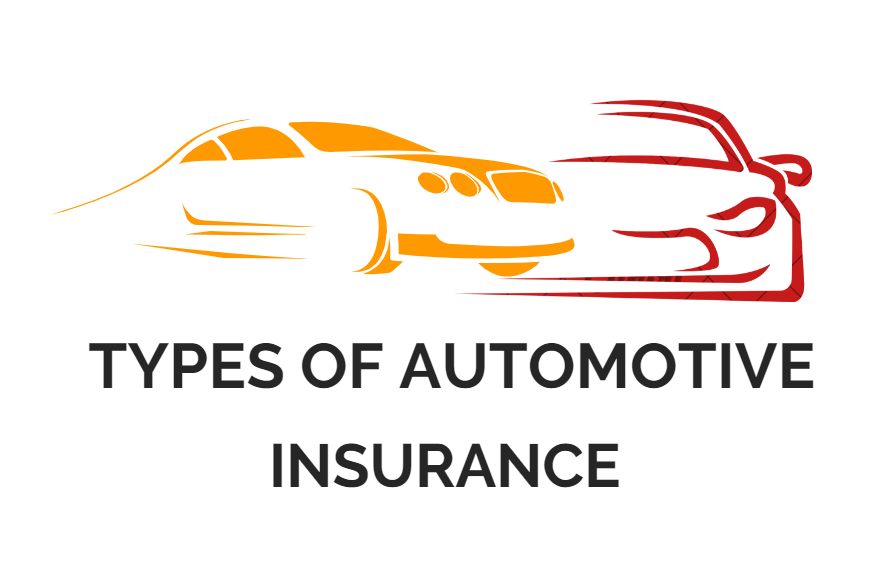Automotive insurance, also known as auto insurance or car insurance, provides financial protection in the event of accidents, theft, or damage to a vehicle. There are several types of automotive insurance coverage available, and the specific types and amounts of coverage you need can vary depending on your location and personal circumstances.
Different Types Of Automotive Insurance
Here are some common types of automotive insurance:
- Liability Insurance: This is the most basic and essential type of auto insurance. It covers the cost of bodily injury and property damage that you are legally responsible for in an accident. Liability insurance is typically required by law in most states.
- Collision Insurance: Collision insurance pays for the repair or replacement of your vehicle if it is damaged in an accident, regardless of who is at fault.
- Comprehensive Insurance: Comprehensive insurance covers damage to your vehicle that is not caused by a collision. This includes damage from theft, vandalism, natural disasters, and accidents involving animals (e.g., hitting a deer).
- Personal Injury Protection (PIP) or Medical Payments (MedPay) Insurance: PIP and MedPay cover medical expenses for you and your passengers in the event of an accident, regardless of fault. PIP is more comprehensive and may also cover lost wages and other expenses.
- Uninsured/Under-insured Motorist Coverage: This type of insurance provides protection if you are involved in an accident with a driver who either has no insurance or insufficient insurance to cover your damages.
- Gap Insurance: Gap insurance covers the “gap” between the actual cash value of your vehicle and the amount you still owe on your auto loan or lease. It can be useful if you have a new car and owe more than it’s worth.
- Rental Reimbursement: Rental reimbursement insurance covers the insurance cost of renting a car while your vehicle is being repaired due to a covered accident.
- Towing and Labor Coverage: This coverage pays for towing and roadside assistance expenses, such as jump-starts, tire changes, and locksmith services.
- Classic Car Insurance: If you own a classic or vintage car, you may need specialised insurance that takes into account the unique value and usage of these vehicles.
- Commercial Auto Insurance: If you use your vehicle for business purposes, such as deliveries or transporting goods, you may need commercial auto insurance rather than personal auto insurance.
- Speciality Insurance: Some insurers offer speciality insurance for specific types of vehicles, such as motorcycles, RVs, ATVs, and boats. These policies are tailored to the unique needs of those vehicles.
It’s essential to review your auto insurance needs with a qualified insurance agent or broker to determine which types of coverage are right for you. The specific requirements and regulations can vary by state and country, so be sure to understand the laws and regulations in your area. More about, the coverage you choose will depend on factors like the value of your vehicle, your driving habits, and your budget.

